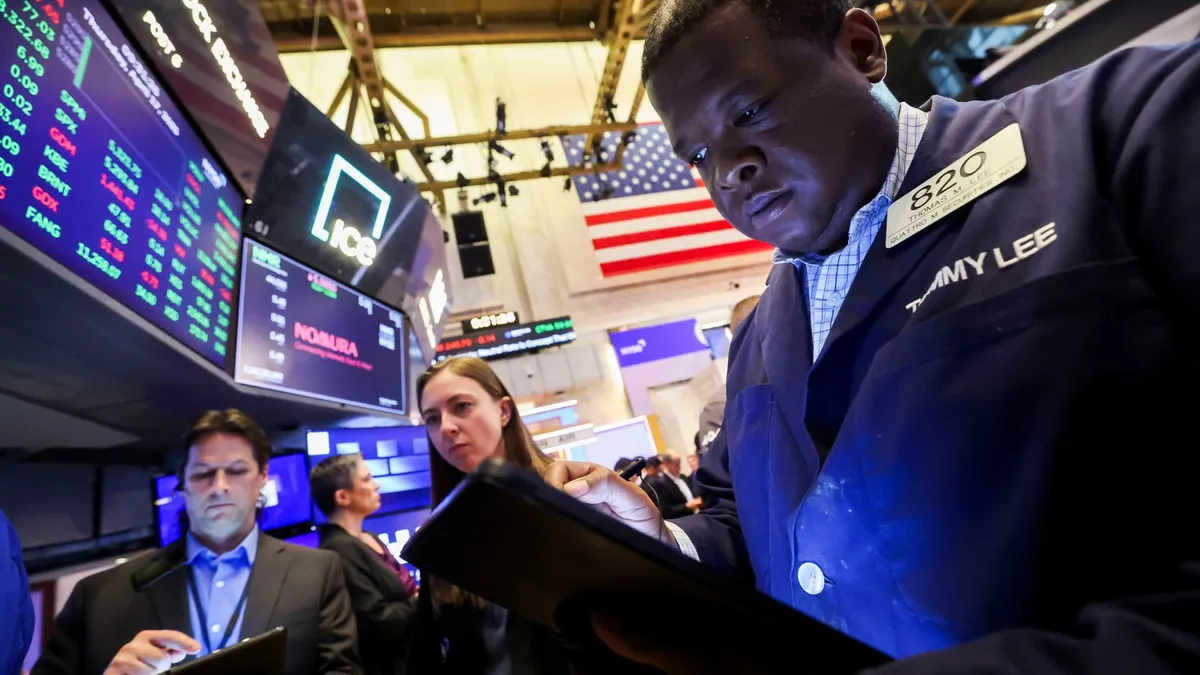
On Sunday evening, stock futures experienced a significant decline, marking yet another negative trading week for Wall Street. Specifically, S&P 500 futures fell by 0.5%, while Nasdaq-100 futures dropped by 0.6%. Futures associated with the Dow Jones Industrial Average also witnessed a decrease, tumbling 186 points, which represents a 0.5% decline. These movements come in the wake of all three major averages recording a third weekly decline in the last four trading weeks.
Despite the S&P 500 closing higher at the end of Thursday's session, the broad market index still ended the holiday-shortened week at a 1.5% loss. Similarly, both the Dow Jones Industrial Average and the Nasdaq Composite experienced their third consecutive losing session, concluding the week with a more than 2% pullback over the four-day trading period. Notably, the U.S. stock market was closed on Friday in observance of Good Friday, impacting the overall trading activity.
A significant factor contributing to the market's downturn was a major sell-off in shares of UnitedHealth, which significantly impacted the Dow on Thursday. The stock plummeted by over 22% after the insurer revised its full-year forecast downward and reported disappointing quarterly results. Furthermore, the market faced additional pressure from a nearly 3% drop in Nvidia shares, adding to the chipmaker's nearly 7% fall in the previous session. Nvidia announced on Tuesday that it would incur a quarterly charge of approximately $5.5 billion due to restrictions on exporting its H20 graphics processing units to China and other regions.
Amid these developments, investor sentiment has been further weighed down by heightened concerns surrounding President Donald Trump's tariffs. Over the weekend, Chicago Federal Reserve President Austan Goolsbee indicated in a CBS interview that these tariffs could potentially lead to a decline in U.S. economic activity by the summer. This sentiment aligns with the comments made by Fed Chair Jerome Powell on Wednesday, who expressed worries that the tariffs could complicate the central bank's efforts to manage inflation and stimulate economic growth.
Despite the ongoing uncertainty in the market, some analysts on Wall Street are cautiously optimistic, believing that the worst may be behind us. Mike Dickson of Horizon Investments suggested that while volatility may persist, the extreme fluctuations previously observed in the market could become less frequent. He noted that continued uncertainty is likely to limit stock market valuations and exert pressure on investors until a clearer picture emerges. While the situation regarding tariffs remains fluid, Dickson expressed confidence that the approximate 10% daily and weekly market swings seen in recent weeks are likely behind us for now.